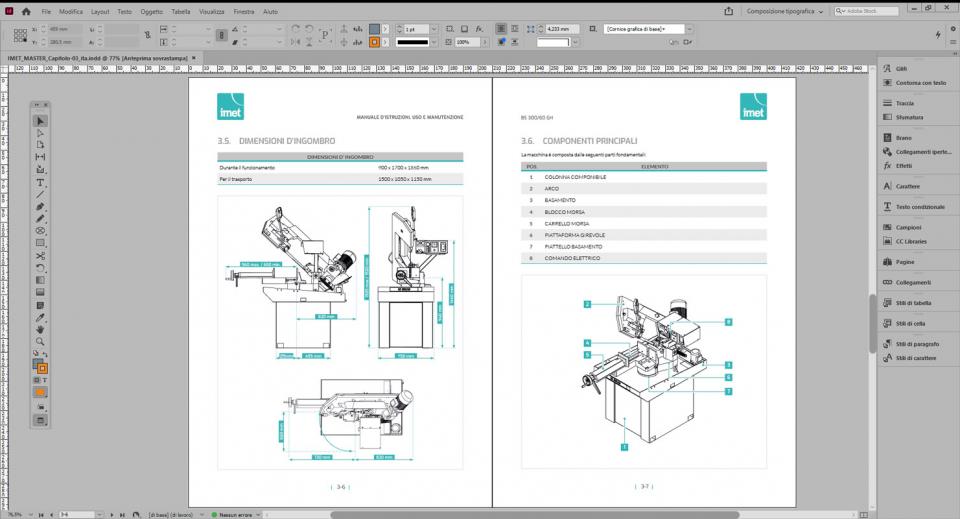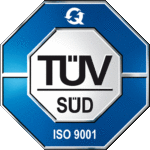The Technical Manual is one of the main documents in the Technical Documentation that accompanies a product throughout its life cycle. In fact, it is considered a real safety device that is required by law.
The editing of Technical Manuals differs according to:
-
Goals and objectivesTechnical manuals are drafted differently depending on the purpose of the specific process for which they are required: use, maintenance, installation, assembly, etc.
-
User characteristicsDepending on the context, a technical manual may contain different contents and expositions, depending on the addressee of the manual, who may be more or less expert/specialised.
-
Reference lawsTechnical manuals may contain information on the safe use of a product, and is regulated by Laws and Standards according to the State to which it belongs
-
Product and business sectorNaval, aerospace, food & beverage, automotive, pharmaceutical: technical manuals need different contents depending on the industry in which they are used
There may be multiple requirements for your company, depending on the industry in which you operate, as well as the European Directives that must be followed. From the naval sector to the food & beverage industries, from the automotive business to amusement parks, from the sweeper sector to the medical industry, from household appliances to everyday devices, whatever your sector of activity may be, manufacturers are required to produce technical manuals to accompany their products from the point of sale to the point of disposal.
The technical manuals we produce for you follow the directives and standards of the industry in which you operate and meet the specific requirements of your organisation. For this reason, we do not use a standard or common format for all customers, but rather create a document that is tailored to your specific requirements.
TYPES OF TECHNICAL MANUALS
Often, when it comes to technical manuals, individuals do not have a clear understanding of what is being discussed.
In many cases, these are legally required technical documents - such as the User and Instruction Manual)- including information regarding the safe use of a product, which must accompany the latter at all times throughout its entire life cycle.
There are also technical documents that are not mandatory (such as the Installer's Manual or the Workshop Manual) but are equally crucial for transferring information and training to key users who are not necessarily the final consumers.
The information contained in a technical manual must be divided and treated differently depending on the recipient: operator, electrical maintenance technician, mechanical maintenance technician, installer, etc.
When it comes to the manufacture of machines, equipment and industrial devices, in addition to the User and Instruction Manual (which is considered the King of Manuals), there are also other technical manuals with which manufacturers, designers, operators and purchasing companies are frequently faced with.
OUR METHOD
The method we use is not set in stone, but on the contrary, we consider the flexibility of gradually integrating us into your processes to be a value added that can make a significant difference.
In fact, the value of our advice and service cannot be determined solely and exclusively based on the manual provided. We will also take into account our non-intrusive approach to your offices, the process we create to retrieve information, and our efforts not to take up your valuable time or change your habits.
In order to reduce costs and make the most of existing material (where available), or create ad hoc content as necessary, we can seamlessly integrate with your Technical Department or other relevant departments within your company. We work within a short timeframe to ensure that you are able to reduce costs.
The operational approach
We have developed an operational method that minimises the amount of time wasted, and clearly and precisely defines our tasks in relation to those of your staff.
We have therefore broken down how we can start a collaboration with you into two macro approaches:
-
-
Your existing Master Copy
We will deal with your current “Master” manual that you have consolidated within your organisation. After a careful analysis of the document (from a legal and regulatory point of view), we continue to update your Master manual, maintaining graphic styles and editorial settings as if we were newly recruited staff going to complement the existing team.
-
A new Master copy
Starting with a blank sheet of paper, we create a document that is tailored to your needs. In fact, the Master's remake allows the user to choose the master page, style sheets, colours, fonts, and branding, among other fundamental options, such as the following:
- image
- topic structure
- readability
- content traceability
- proportional coherence between text and illustrations.
As we move forward, we will conduct a legal and regulatory study to identify the relevant legislation that applies to your product. This will help us understand the technical directives and standards your service must meet. Thus, we will be able to identify the necessary information for the user manual and include it in the Master copy we will design for you.
The proposal is shared with your Manager, and the approved Master will be the basis for all future manuals.
ATTENTION
The choice of the new Master depends on the tool you choose. In light of our experience, we are able to provide advice on one of the many options that the market offers, and which we are able to manage:
- CCMS (diversi)
- InDesign
- Frame Maker
- Word
- Page Maker
- Customised solutions
NEED MORE INFORMATION?
Our team is always available to travel extensively for inspections where physical presence is essential.
Our source files
Our source files are produced in collaboration with your technical department and often use advanced features of a variety of editorial software, such as:
- cross reference
- libraries
- style sheets
- layered page layout
- automatic hypertext summaries
- conditional texts
- databases shared with the customer (only through the use of CCMS
OUR TOOLS
To ensure high quality standards we adopt and use the latest versions of the best editorial software, graphics and content management software
Adobe Acrobat
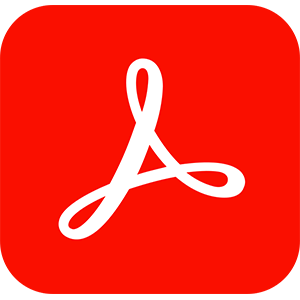
Adobe Animate
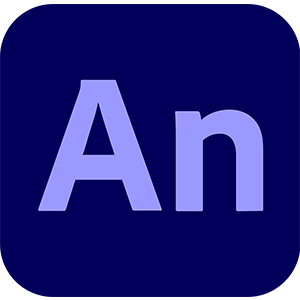
Autodesk Autocad
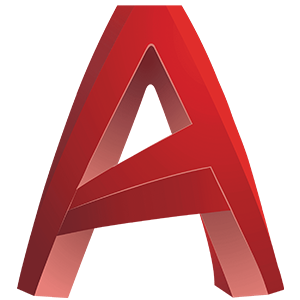
Components Engine

Catia Composer
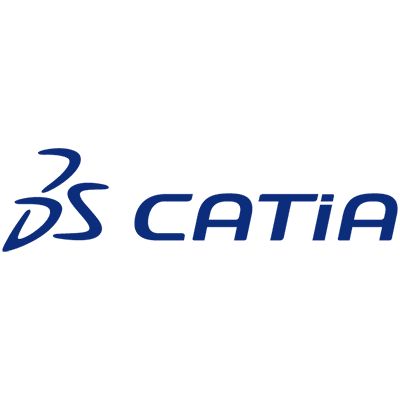
Adobe Framemaker
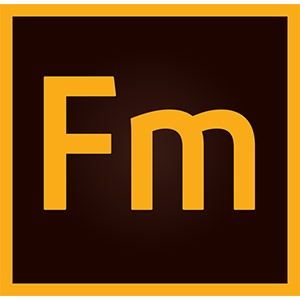
Adobe Illustrator
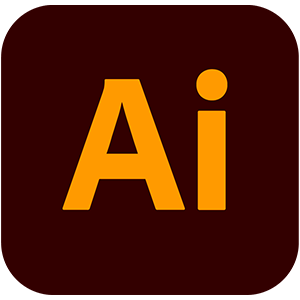
Adobe Indesign
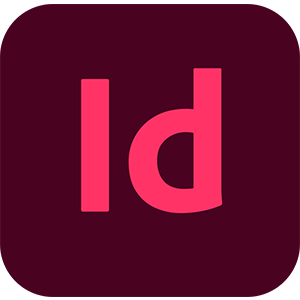
EKR Orchestra
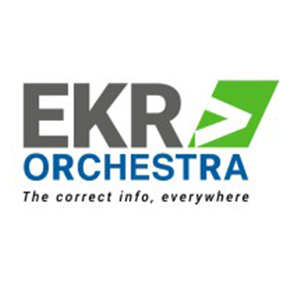
Adobe Pagemaker
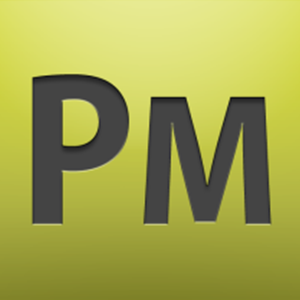
Adobe Photoshop
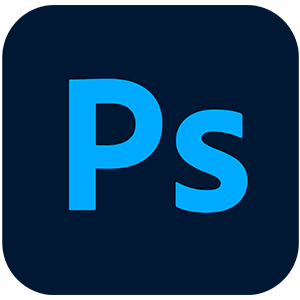
Microsoft Powerpoint
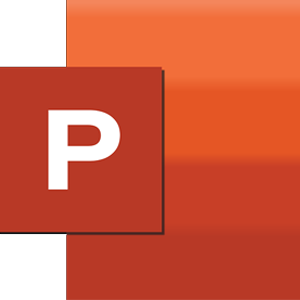
Adobe Premiere
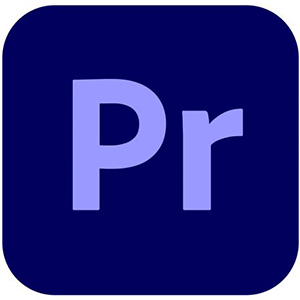
Microsoft Word
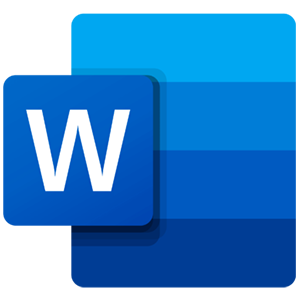
ARYEL
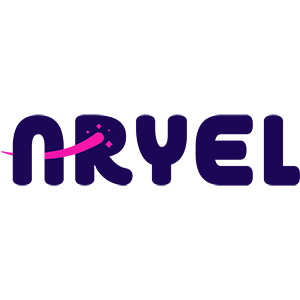
SOLID WORKS
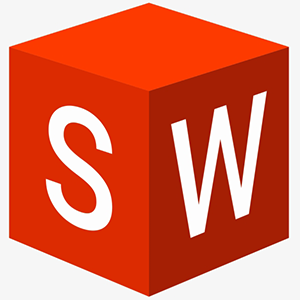
Our technical manuals can be published and provided according to your specific needs:
- Structured and interactive pdf
- Distribution on USB or other offline media
- HTML
- Online video guides
- QR Code scanning
- Offset printing (medium and large print runs)
- Digital printing (small and very small print runs)
- Website
- Audioguides
- Source files
YOUR ADVANTAGES
For all your needs we design and produce effective technical manuals which are easy to use and compliant with legal requirements.
Our technical manuals are designed and written for ease of use by the end user.
We create high-quality documents by exploiting the full potential of software. We increasingly seek to automate the processes of creating and updating documents so that we can reduce the time and cost of production, as well as minimise the percentage of human error.
Entrusting the drafting of Technical Manuals to us means that you can enjoy the following advantages:



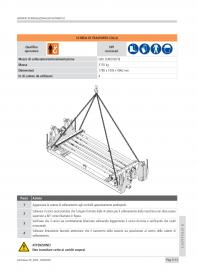
 Your existing Master Copy
Your existing Master Copy
 A new Master copy
A new Master copy
